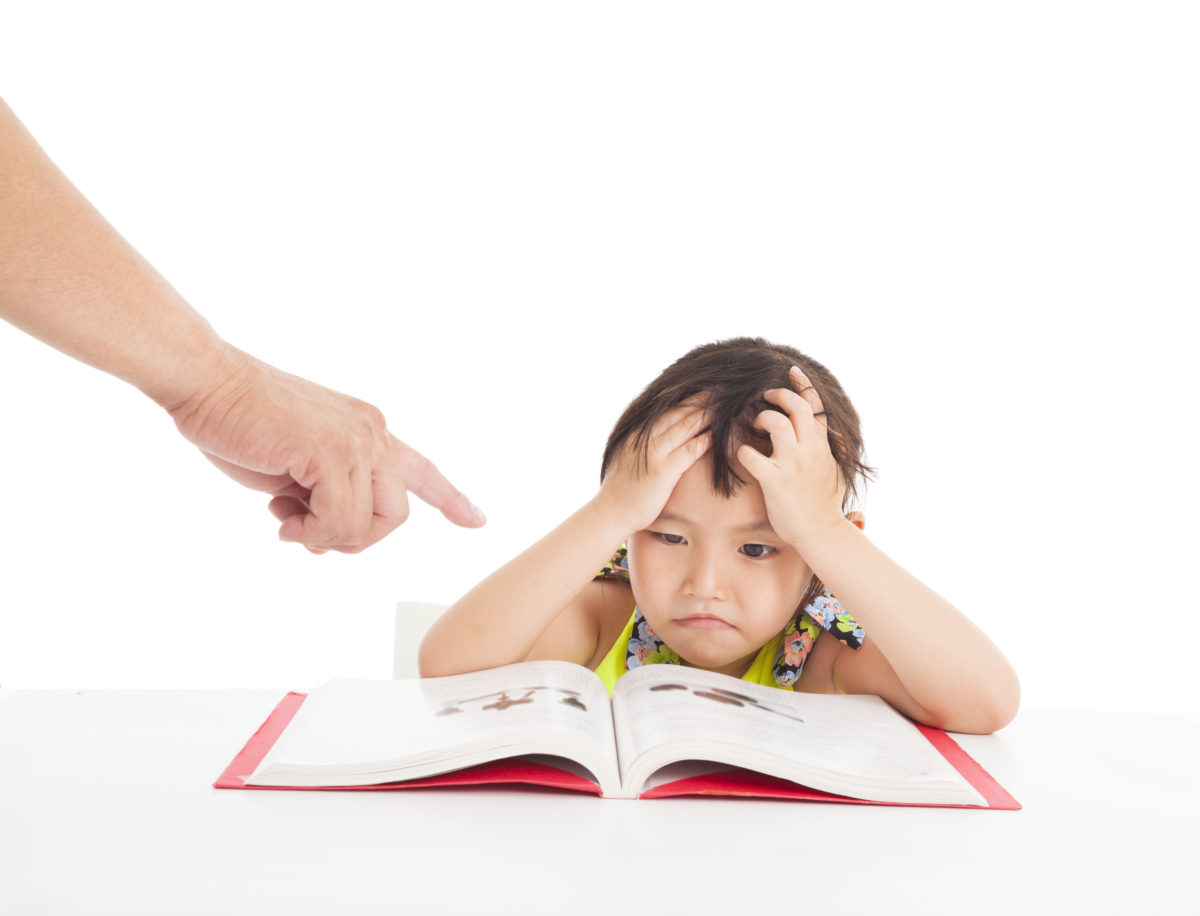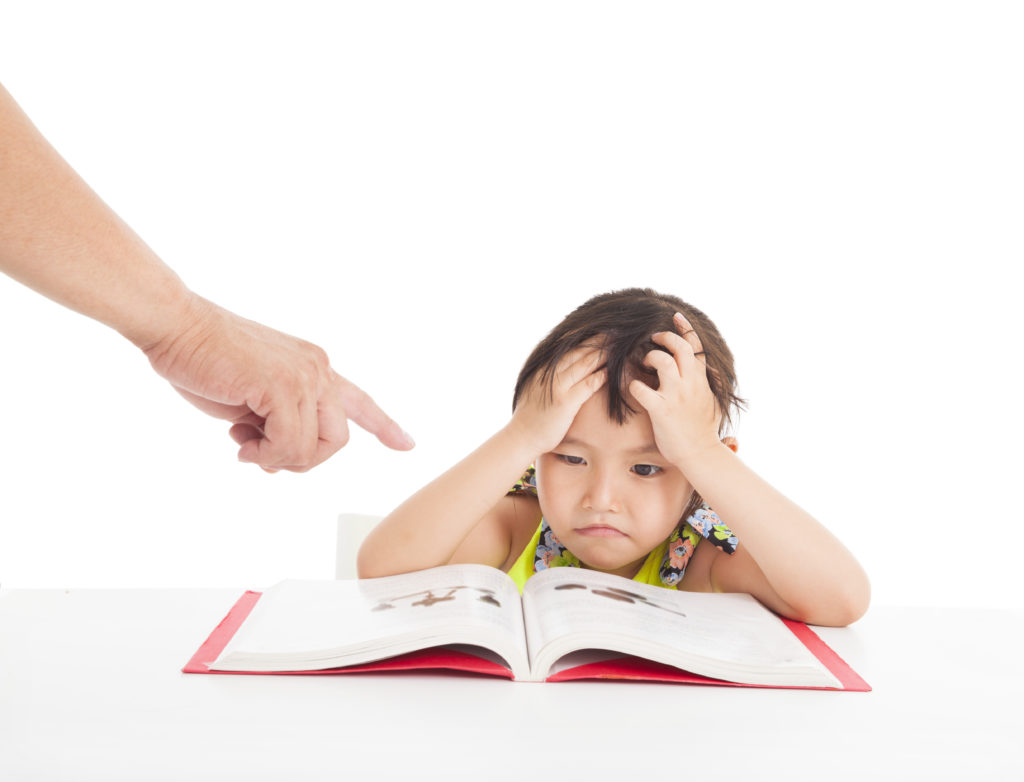Parenting Tips
How do you deal with the emotional issues of single-parent children?

Source:Senior Lecturer Tang Hau-yu of the Department of Psychology at the Education University of Hong Kong.
Actually, every child may have emotional issues, and it is difficult to say that children from single-parent families will definitely have certain problems. However, it can be imagined that children from single-parent families may exhibit some behaviors to attract attention because their parents spend less time with them. Especially when they use negative behaviors to attract your attention, the reason is that they do not have a sense of security. On the other hand, children may self-doubt and feel that they are not good enough or not obedient, which causes their parents to divorce.
When faced with this situation, parents should first make their children feel loved. In daily life, they should give them more affirmation and tell them how much they love them, so that they know that even though their parents have separated, it will not change their parents’ love for them. When allocating childcare responsibilities, parents can communicate more to avoid neglecting their children. For example, if a child has a special activity at school that requires a parent’s presence, parents should try to arrange for at least one parent to attend. If possible, grandparents and other relatives, such as aunts or uncles, can also participate.

Firstly, it can reduce the burden on the parents, and secondly, the child can continue to grow up in a loving environment. However, giving children more love does not mean indulging them. Some divorced parents may indulge their children to make up for their shortcomings, even giving them extremely rich material pleasures to alleviate their guilt. Actually, love does not mean indulgence, and it also includes appropriate discipline, with clear rewards and punishments. When children do something right, they should be affirmed, and when they make mistakes, they should be corrected. This is the only way for them to grow up healthy.
In addition, I think it is essential for parents to first deal with their own emotions. The process of divorce involves many experiences that others may not understand. Parents themselves have many issues to deal with, such as emotional processing and caring for their children. The pressure they face is not easy. Parents must first realize this and understand that divorce is not an easy thing. They need to give themselves and their children space to accept and acknowledge the situation. When needed, seek help, and when feeling lost, find someone to talk to.

If emotions continue without changing, it is important to seek help from professionals such as counselors. Do not carry all the stress and burdens on your own. Parents need to have a healthy emotional state first in order to help their children manage their emotions.






























